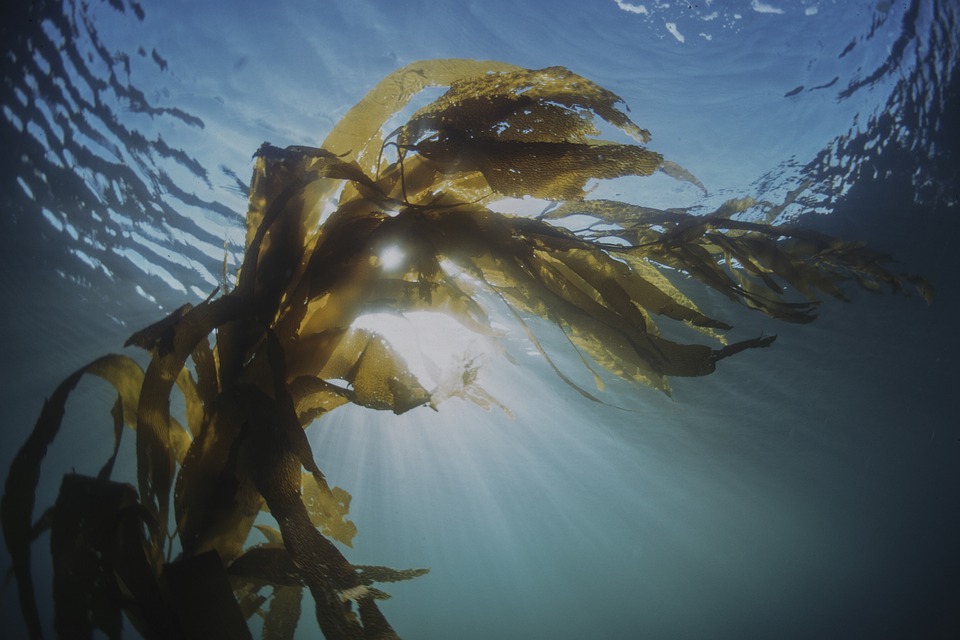Experts from two dozen countries, including Portugal, are meeting from Wednesday in Italy to define strategies for the international promotion of Ocean literacy, one of which could be “the introduction of the Ocean into the school curriculum”.
Speaking to Lusa, Raquel Costa, a marine geologist who is part of the think tank from Portugal, explained that one of the strategies that has been talked about most is the introduction of the Ocean into the school curriculum, worldwide, which is not easy, but it would be “a great achievement”.
Another objective, he explained, «is to show political decision-makers the importance of literacy and its financing», arguing that literacy has always been the poorer relative in issues related to the oceans, which comes as a drag when projects are financed.
The group of 20 experts will develop an action plan to promote literacy for the next four years, identifying priority areas of intervention and ways to track the progress of these interventions.
The “ideas laboratory” appears within the scope of the United Nations Decade of Ocean Sciences for Sustainable Development (2021-2030) and is promoted by UNESCO's Intergovernmental Oceanographic Commission (IOC).
Led by Francesa Santoro, from IOC/UNESCO and responsible for the global Ocean Literacy program, the group has experts in different areas and ranges from artists to scientists.
Raquel Costa is a marine educator and national coordinator of the Blue School Network of the Atlantic, which brings together almost a dozen countries linked to the Atlantic Ocean.
The group's objective is "to contribute to international cooperation and the promotion of Ocean Literacy in all parts of the world, through the sharing of knowledge, techniques and projects from different sectors", explains IOC-UNESCO in a statement, according to which the The experts' first meeting takes place in Venice on Wednesday and Thursday.
«Ocean Literacy considers the relationships between the ocean and other aspects of life on Earth and catalyzes actions to protect, conserve and use the ocean in a sustainable way, involving society as a whole», explains Francesca Santoro in the statement.
In her statements to Lusa, Raquel Costa regretted that Oceans literacy had not been considered very important until now, like other topics such as the blue economy, biodiversity or marine litter, highlighting the effort of the IOC/UNESCO, within the scope of the decade of oceans, to place the theme alongside others.
Raquel Costa, whose participation in the group was proposed by the IOC/UNESCO of Portugal, said, when questioned by Lusa, that there is, in Portugal and in many other countries, a lack of knowledge about the oceans, their importance, problems and ways of resolve them.
But, he added, “transforming this knowledge into changes in attitudes and behaviors is another matter”. Because it is not enough to know more, you need to know how to discuss, make decisions and change behaviors in favor of sustainability. And because in 20 years there have been few changes in society in general.
In these matters, in the expert’s words, there are many “cops” (conferences of the United Nations parties), meetings, summits…
“Politics is very important. But we talk and talk, and then what? What happens? Little. That's why I think literacy intervention is important, because it means getting to the bottom, getting to the heart of the matter, to change».


















Comments